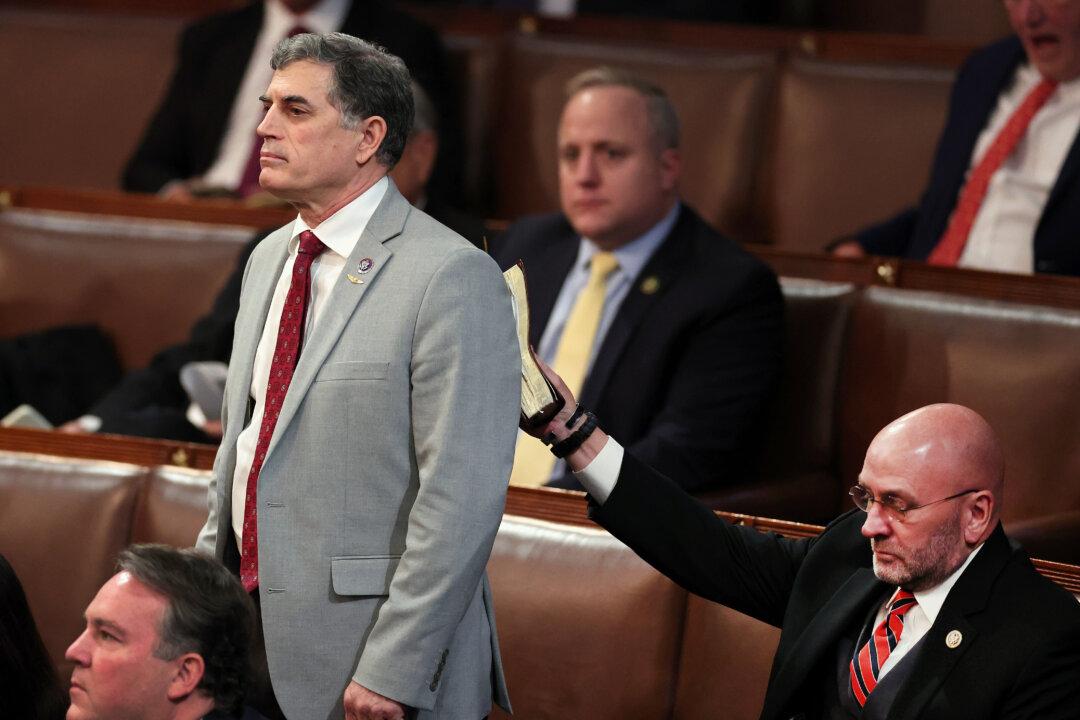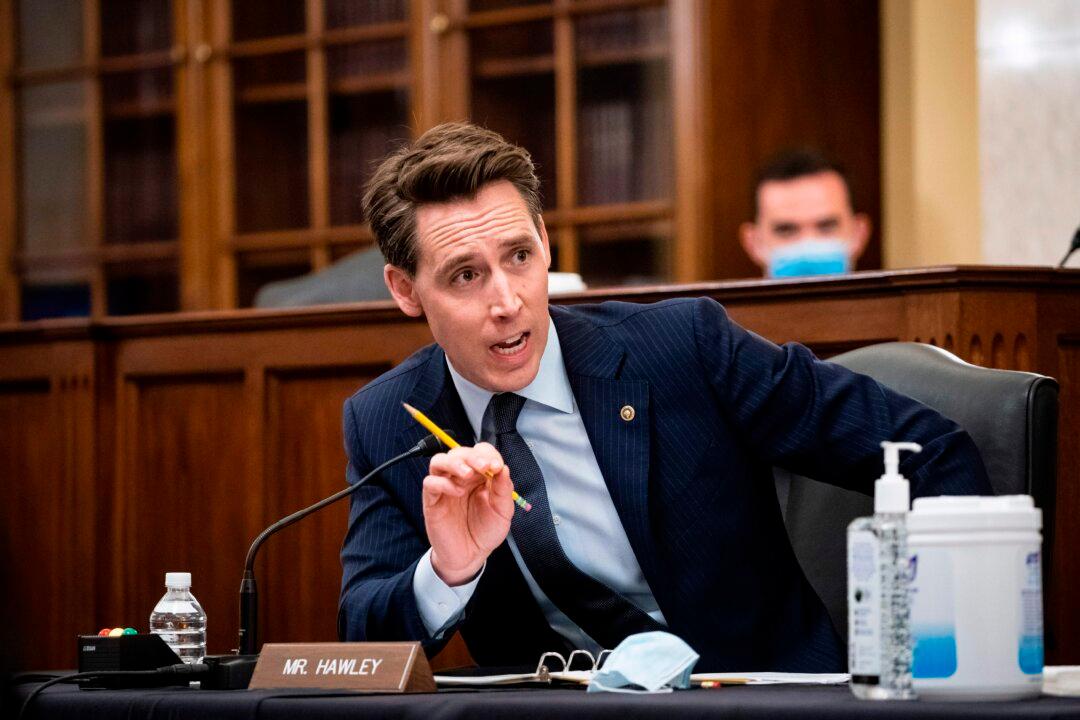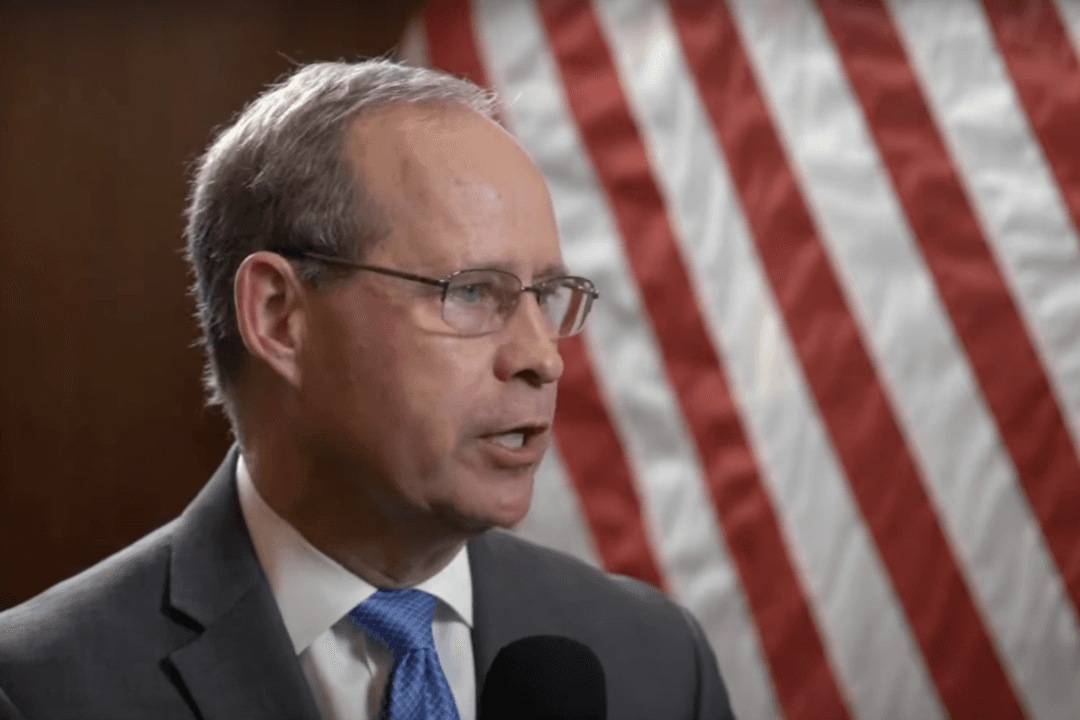Florida State Sen. Jason Brodeur filed a bill on Tuesday that, if passed, would require bloggers to register with the Florida Office of Legislative Services before writing about elected state officials.
“If a blogger posts to a blog about an elected state officer and receives, or will receive, compensation for that post, the blogger must register with the appropriate office within 5 days after the first post by the blogger which mentions an elected state officer,” the bill reads.





